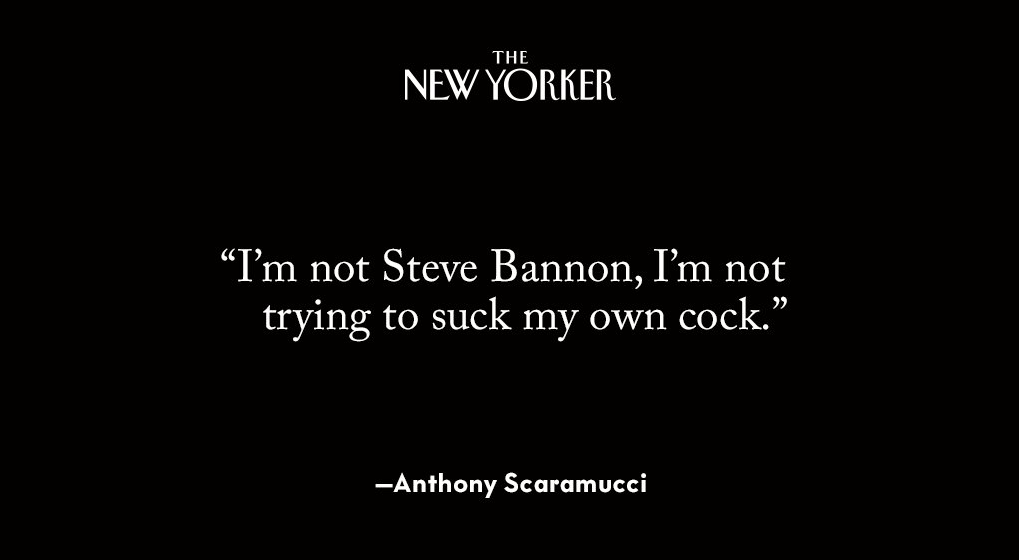Optimism, Intelligence, and Imagination.
When I was a kid in the 80s in Ontario, the environmental movement took hold of the mainstream. By that, I mean people start talking about it over the dinner table, on the nightly news, teaching about it in public school classrooms. David Suzuki become a household name.  It became commodified; you could buy products that had slogans about saving the Earth silkscreened on them. There was a burst of enthusiasm; composters became commonplace, and a recycling program began in my little village.
There were two very clear messages I took with me from that time; the first and most solid was the white men in suits who said, over and over until I believed that it was true, that alternative energy sources would never be anything more than a novelty act. That you couldn’t draw serious energy from the sun, wind, anything. We could recycle all we wanted, but our dependence on fossil fuels was forever. Even to an 8-year-old, that sounded horrible, futile, depressing. To know that I was so dependent on a resource that was finite and depleting fast meant my future was compromised; the horror of dystopian sci-fi seemed like true prophesy.
The second message was that Lyn Kelsey, my third-grade teacher and by leaps and bounds one of the most interesting, intelligent, and inspiring people in my young life, believed in the green movement. Probably the only teacher who taught me a damned thing in Elementary school, Mr. K was a guy with a passion for history, for stories, for reading, and for individuality. As I grew up, I realized that his historical perspective was what inspired his interest in the environment; he taught us that we had a place in time and space, and that we weren’t the centre, but we could influence the whole. He could imagine a future where things that didn’t currently exist had been implemented, where our future was hopeful because we had the ingenuity to learn from the past and move forward in an unexpected direction, because he knew it had happened in the past.
For years these two ideas struggled inside my mind; the pessimism of the suits often won out over the optimism of the dreamer, because it just seemed so concrete, so definite, and I was young and couldn’t imagine that it was smarter to be optimistic than to be pessimistic.
Well, this last decade has proven the suits were not just wrong, but extremely short-sighted. From the perspective of 80s corporate culture anything that took us away from the petroleum-driven economy seemed like a big waste in comparison to the cheapness and ubiquity of the systems in place. But they didn’t have the far-sight, or the sense of history, to see that human ingenuity has flown us over these chasms before. The generation that went to the moon couldn’t imagine switching from petroleum to other energy sources! It almost seems quaint now.
Yeah, we haven’t yet made the leap; I commute 40 minutes to work in a gasoline-fueled car, heat my house with oil, use plastics every day. But solar panels are becoming a common sight around my city, and technologies to exploit, collect, store and distribute passive solar are jumping forward at an impressive rate. I have great hope for geothermal heating and cooling (especially as espoused by Toronto City Counsellor Adam Vaughan, whose idea of putting geothermal in schoolyards in heritage neighborhoods and using it to turn a profit that will fund the schools themselves raised the hair on my arms and pretty much fucking blew my mind), and new technologies and ideas are being explored by people all over the world.
I think at this point, anyone who predicts that we will never break our reliance on fossil fuels would look particularly feeble-minded and unimaginative. Definitely not the kind of person whose business you’d invest in, or whose projects you’d support. And there are still a bunch of those short-sighted guys running around (the gentlemen who in recent years decided to really push light trucks as the future of the auto industry come to mind), though luckily they’re putting themselves out of work pretty quickly.
Anyone who has studied history, particularly ancient history, knows the incredible and beautiful resilience and adaptivity of humanity. You can see a thousand examples of civilizations embracing new technologies and then abandoning them as they become outdated, impractical, or as a new technology emerges. When you consider that we’ve only become really reliant on oil in the past 70 years or so, it becomes clear that we can move forward with cleaner technologies.
Prior to the invention of the wheel, I’m sure somebody said with great confidence that no one was ever going to improve on the technology of the sledge. Prior to the invention of the bow, I’m sure it was commonly felt that no one was going to improve on the technology of the spear. To deny that we can improve – or surpass – the technology of the fossil fuels era is to despair, to believe that we are the apex of humanity, to give up.
There’s a Latin phrase – nihil sub sole novum – which has always been a great source of hope to me, something I return to again and again in times of worry and trouble. It means ‘There is nothing new under the sun,’ and it was written by a Roman writer more than two thousand years ago. He thought he had seen it all. When you consider the incredible things that have been achieved in the intervening years, you have to feel hope: what seems like the end of the line, the apex of technology is actually the funny old inventions of the future, of a history that we shape every day. Some person a hundred years from now is going to smile indulgently at those long-dead suits and their lack of imagination, or our quaint worries about the future.
Contrary to what I believed when I was young, it takes a lot more intelligence to be an optimist than to be a pessimist; you have to know more about the world and our place in it to see the potential, to believe that we can do more than the best that we have now.  People only despair when they don’t know enough to hope, but you can always teach a pessimist, given enough time and patience. And if you don’t, it’s okay – history will teach them, if they’re paying attention.


